SYMBOLS IN ANALOG MEASURING METER & MEANING OF IT
Do you know the meaning of symbols used in the Ammeter scale. Do you know the type of an analog meter by looking at it? Can you tell whether it is a DC, or RMS measuring meter? What do symbols like a diode, wave shape, etc. indicate? What things do you check when you receive new ammeter. Lets learn more about these symbols.

In above picture, few things are highlighted which 70% of the user neglect to watch. These symbols give entire specification of your analog measuring meter. This specification includes type and principle of operation, Accuracy of your meter, At what voltage your equipment is tested(test voltage) as shown below

In above figure 1st symbol shows the type of Current or Voltage it will measure. If its AC it represented in sinusoidal form if its DC its represented in dash.
PRICIPLE OF OPERATION
In figure 2nd symbol shows magnet. This indicates the type of operating priciple. Usually there are many types so we will discuss some of the popular type used.

| PMMC (Permanent Magnet Moving Coil) |
Permanent Magnet Moving Coil or PMMC Instrument. Definition: The instruments which use the permanent magnet for creating the stationary magnetic field between which the coil moves is known as the permanent magnet moving coil or PMMC instrument. One of the most accurate type of instrument used. For DC rectifier type is used for AC measurement. These instrument are used in ammeter, voltmeter, ohmmeter, galvanometer.
• Material used for magnet in PMMC is Alnico and Alcomax .
• The field strength in PMMC varies from 0.1 Wb/m2 to 1Wb/m2
• Damping: Eddy current damping is used. This is produced by aluminum former.
• Control: Spring control is used
| MI (Moving Iron) |
A soft iron piece when attracted or repelled by the magnetic field a coil is moves. A pointer is attached with the moving piece. Then shows deflection on a calibrated scale. These instruments are simple cheap and reasonably accurate and can be used for AC or DC measurement. Hence if finds use in practical fields. Its used for Ammeter, Voltmeter, Wattmeter.
| EMMC (Electromagnetic Moving Coil Instrument) |
This instrument can be used for the measurement of voltage, current and power. The difference between the PMMC and dynamometer(EMMC) type instrument is that the permanent magnet is replaced by an electromagnet. This instrument can be used for the measurement of voltage, current and power.
CLASS OF ACCURACY
This tells how accurate is your meter. The measured value cannot make exactly with the theoretical value. What are the different ways these can be represented please refer above figure.

figure 1, 1.5 with circle represents the 1.5 percent error with respect to indicated value(the value at which pointer points)
figure2, 1.5 with arrow down means 1.5 percent error with respect to FSR(full scale reading i.e, 0 to maximum)
figure3, 1.5 with bracket means 1.5 percent error with respect to span (the difference between minimum and maximum)
figure4, Only numbers is shown, then it means error with respect to fiducial value. (In other words error with respect to maximum reading, say your ammeter can measure from 25 to 50Amps then 50amps is your fiducial value)
TYPE OF MOUNTING
How the meter must be installed? these information is given in 4th symbol as shown in the figure. Figure shows vertical symbol vertically that means you have place meter vertically to get accurate readings.

TEST VOLTAGE
All electrical equipment is tested with test voltage. In analog measuring instruments, test voltage is represented by a star symbol. As shown in the above figure

Empty star means it is tested with 500V, Star with number 2 means it is tested with 2KV, Similarly Star with number 0 means its not tested with any test voltage.
CONCLUSION
There are many unknown symbols that most of us do not know. For more information please refer manual to find more information about symbols and their meaning. We have discussed only a few important symbols. Remember these points while you buying or installing new ammeter, voltmeter or wattmeter onboard for your vessel. Hope this will help you out.
LIKE POST? PLEASE SHARE

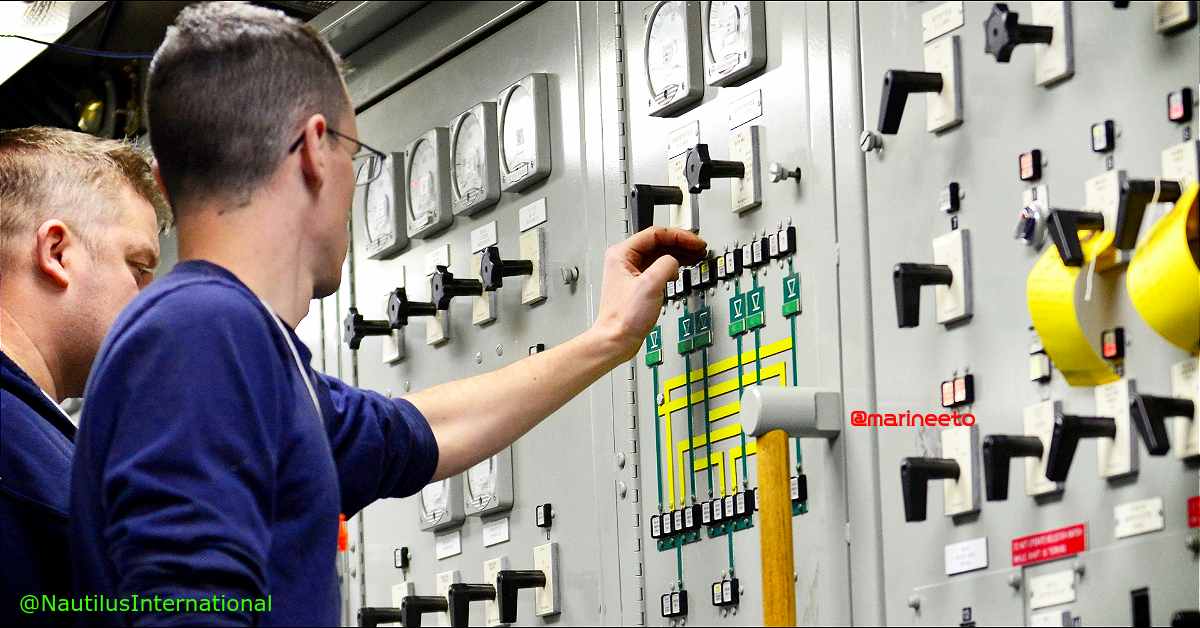
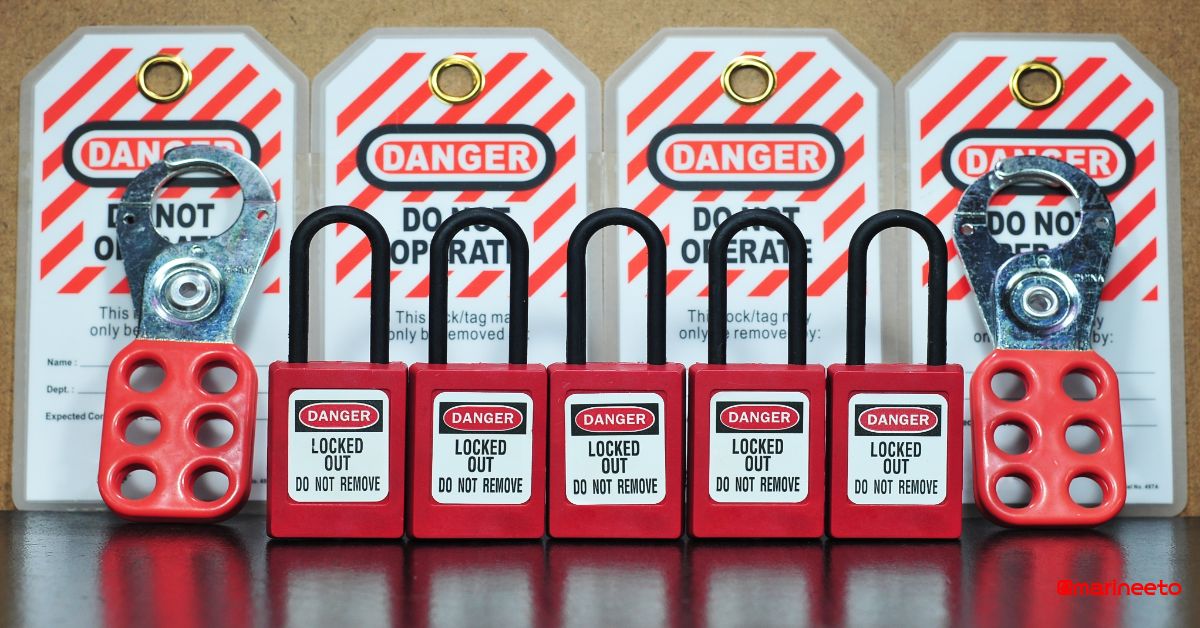



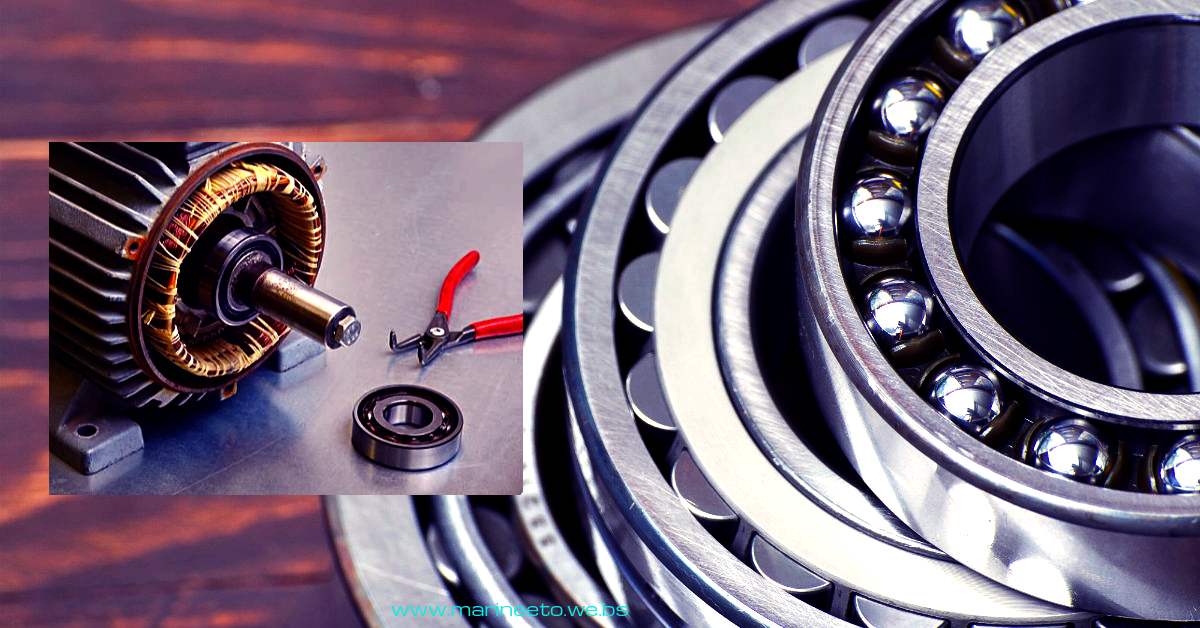

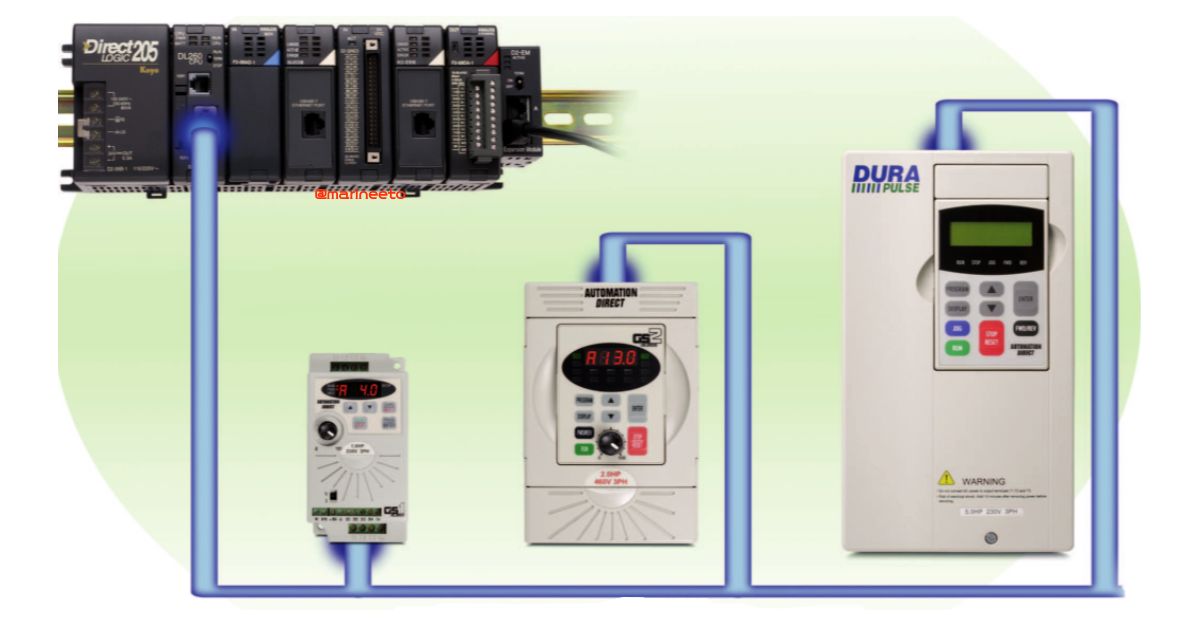


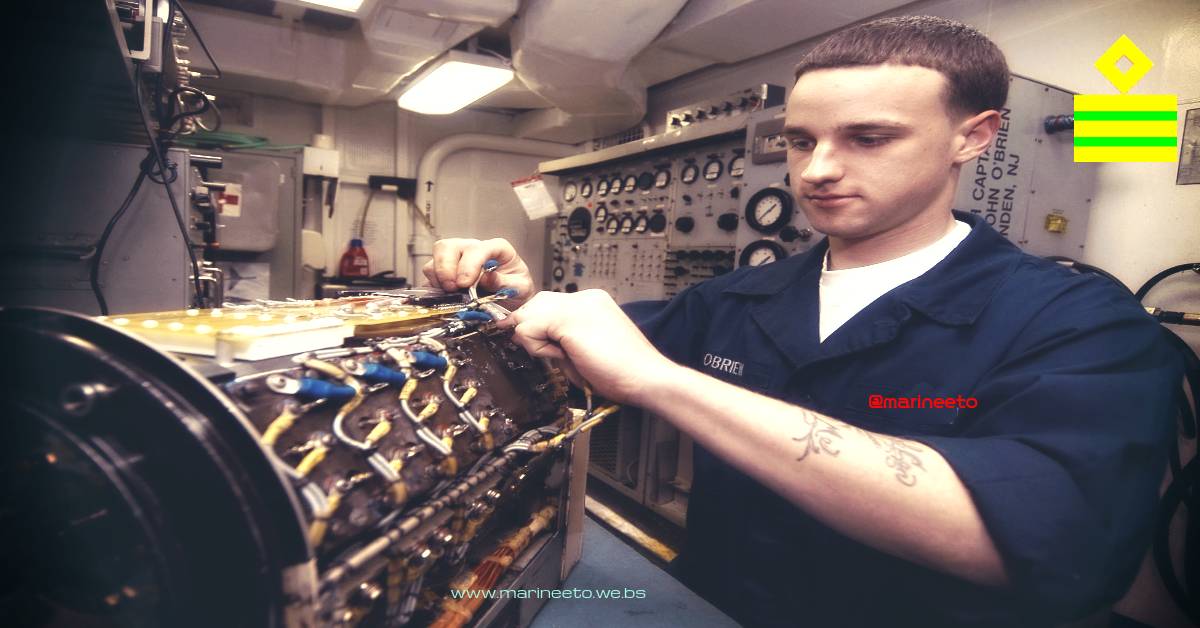
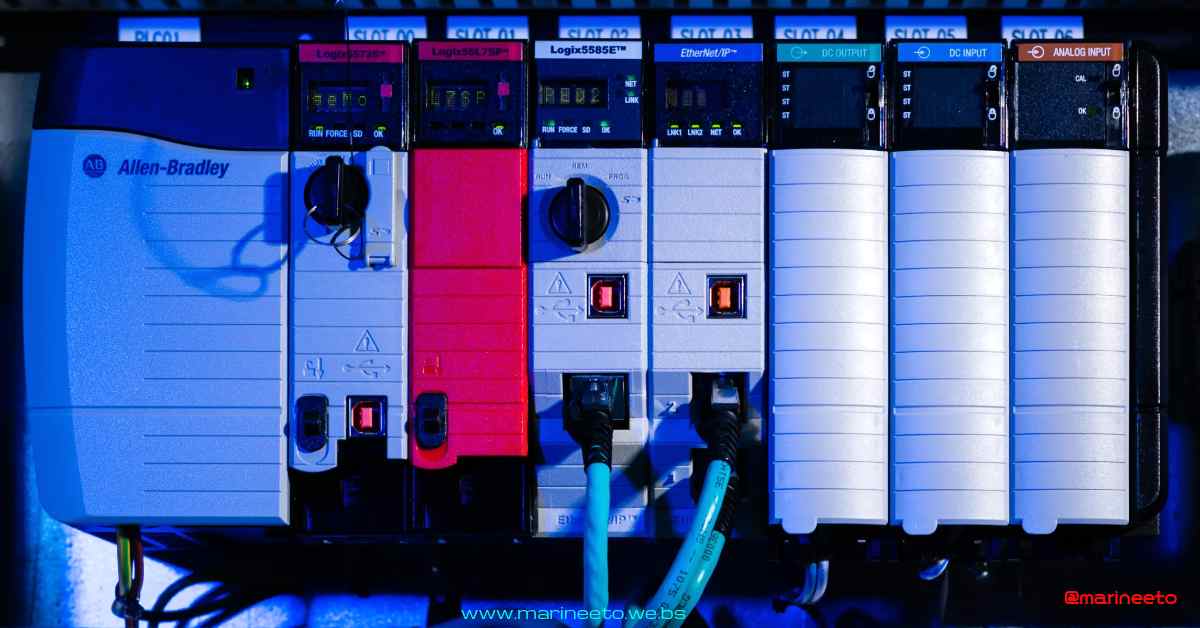

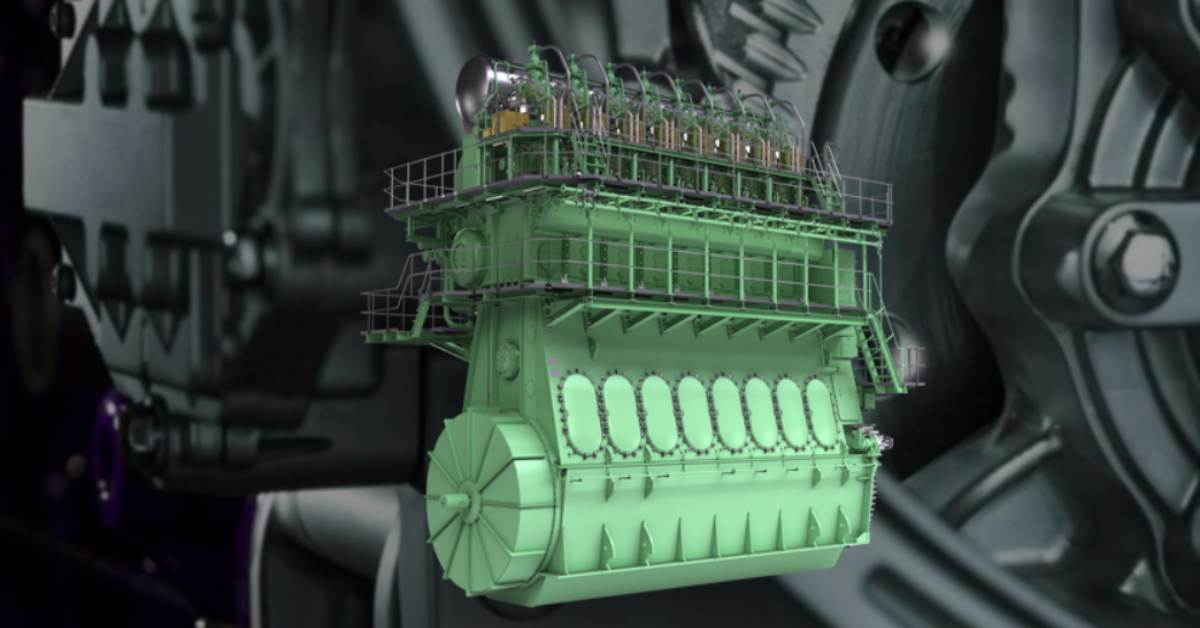
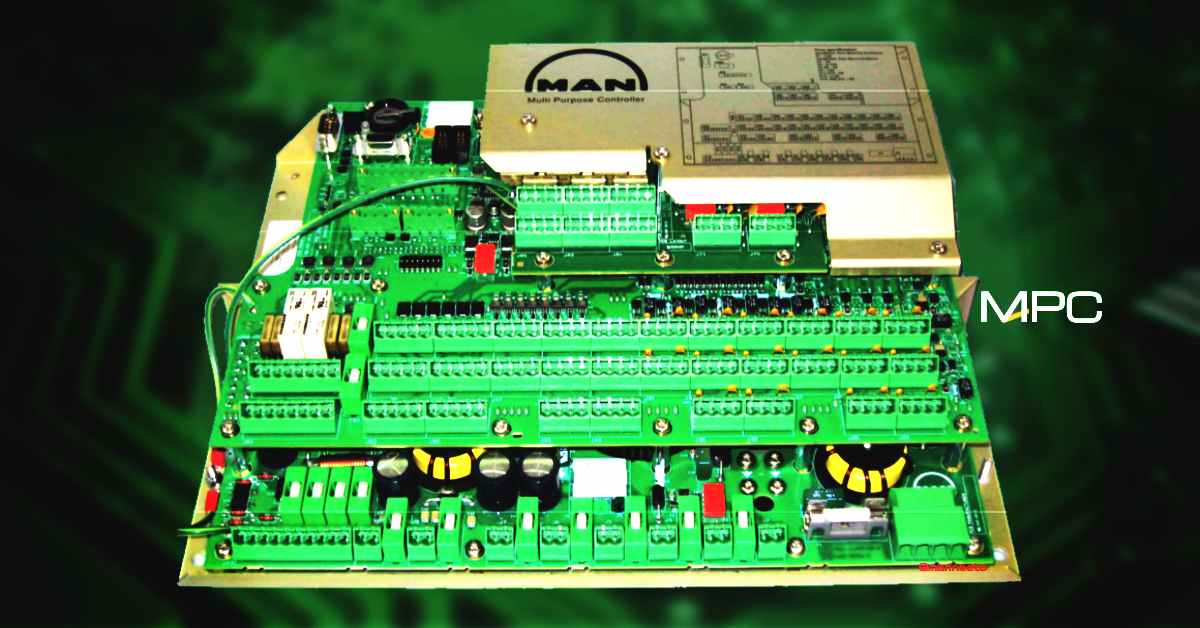
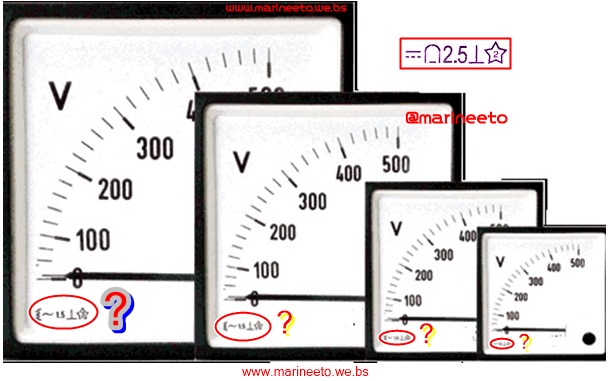

Very useful. Usually
I learned new things from your post,thank you so much for sharing this information to me
Thank You Anga Suresh
Keep Supporting us.
Very informative
Thank you so much for your support
very informative very nice
very useful information
Very useful